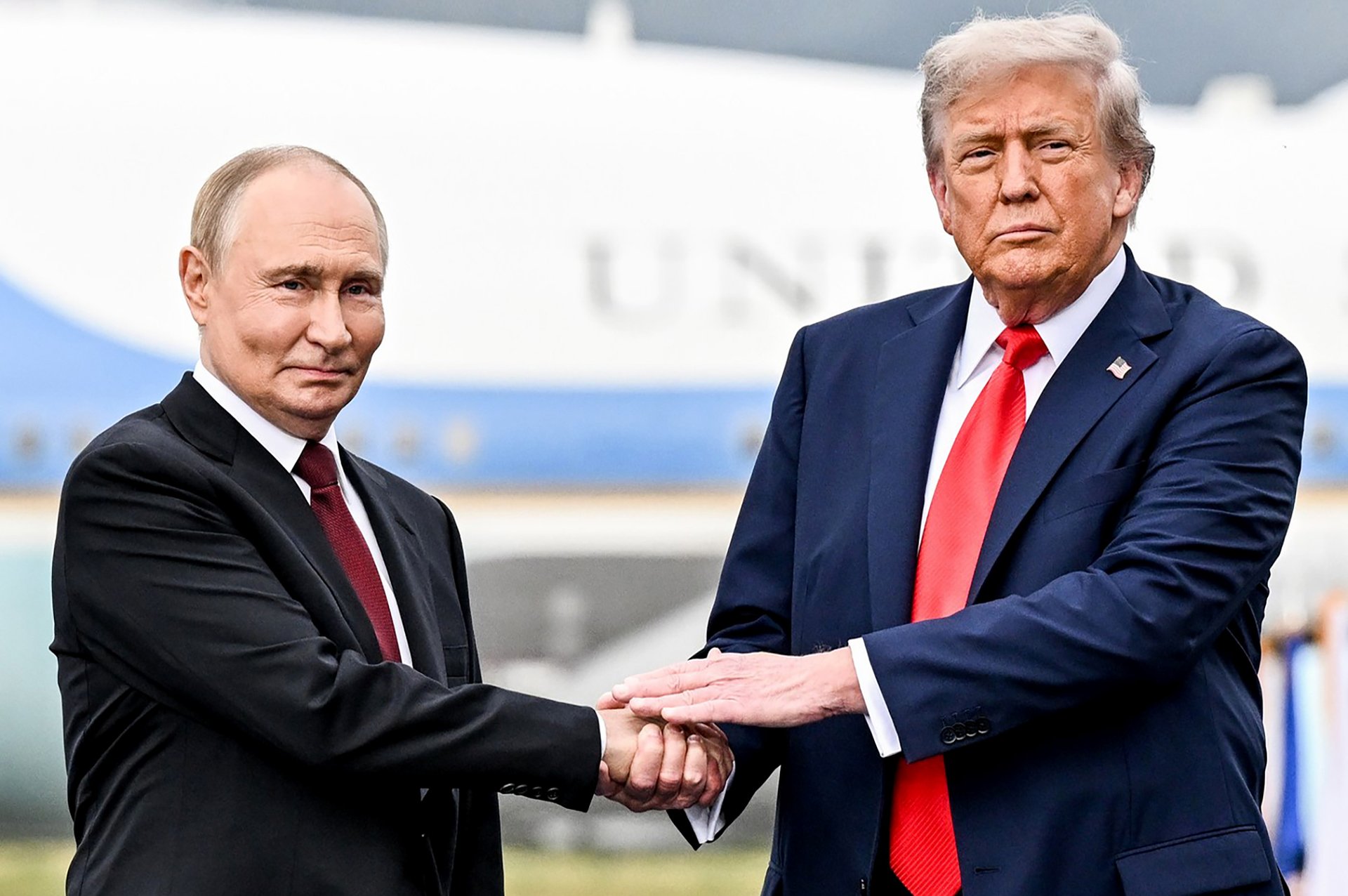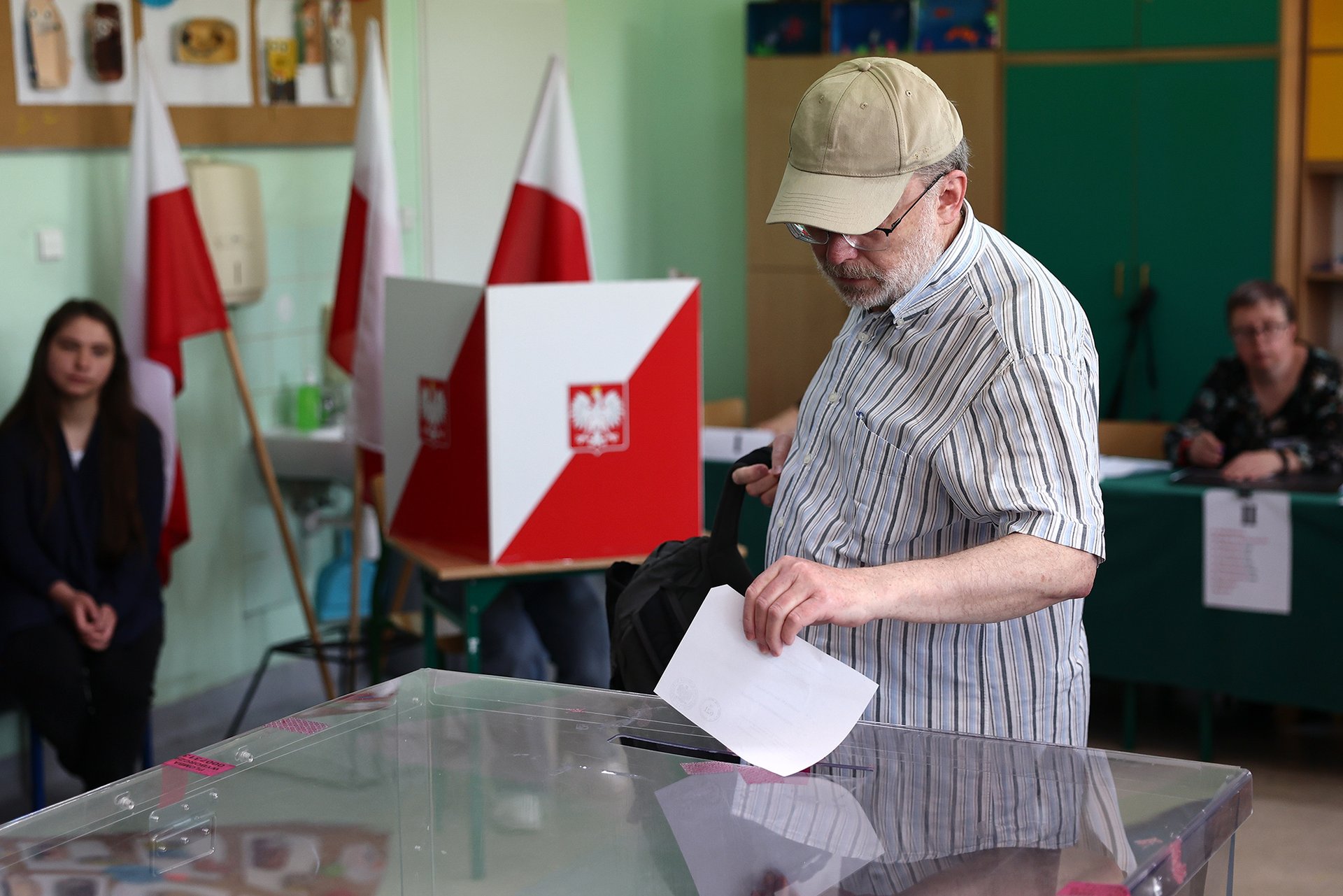Czechs and the president
As the citizen of Germany, where presidential elections are not much of an attraction – being rather a formal act on the part of MPs and regional officials – I am observing the local election fuss with interest and, at the same time, awe.

As the citizen of Germany, where presidential elections are not much of an attraction – being rather a formal act on the part of MPs and regional officials – I am observing the local election fuss with interest and, at the same time, awe. I feel it creates a strange imbalance with Czechs' otherwise rather scornful stance on political institutions. What does the big respect for the presidential job stem from? Is it really due to a desire for a „daddy“ of sorts, as some people write? Or is it rather an (outdated) habit?
And why, according to a public opinion poll from a few weeks ago, do most Czechs see Václav Klaus as a far better president than his predecessor? From the standpoint of a foreigner, this is beyond all understanding: Havel did far more for the Czech Republic's reputation in the world than Klaus. It is above all in the area of relations with foreign countries – one of the key tasks of the nation's leader – that the incumbent president has failed, considering his stance on the EU and on climate policy issues.
I can very well remember why I took an interest in the Czech Republic years ago. I was intrigued by a book of speeches by Václav Havel, and I thought, This must be an interesting country – they have a president who honestly looks for answers to existential questions and calls on citizens not to forget about the moral dimension of life. Later, I realised this way of…


Předplaťte si Respekt a nepřicházejte o cenné informace.
Online přístup ke všem článkům a archivu










